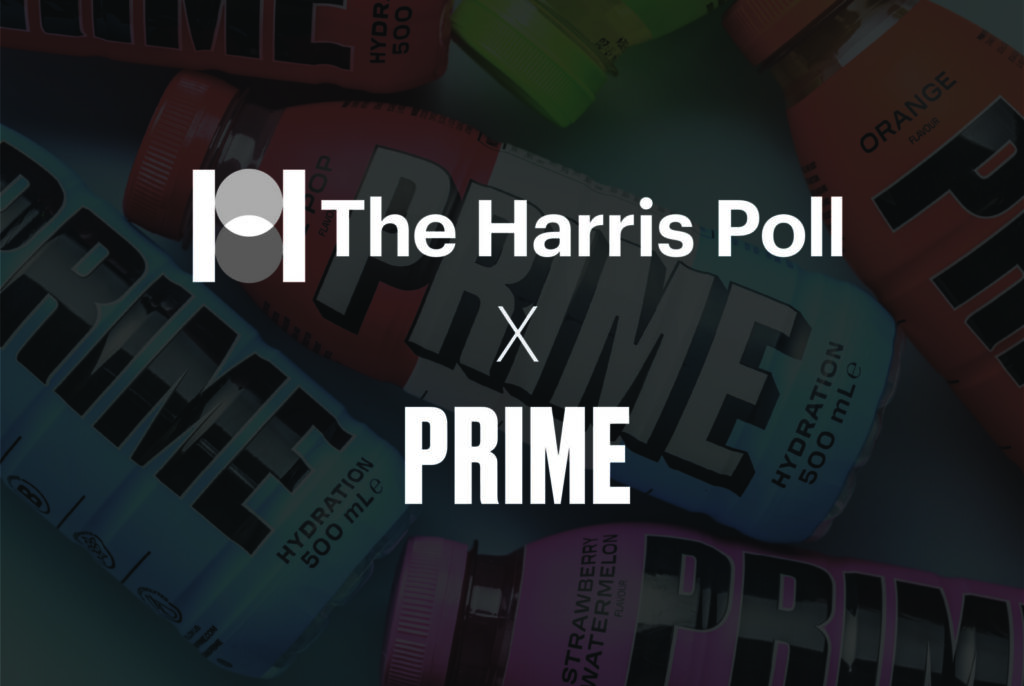Brief • 2 min Read

Mental health awareness in the workplace is important to employees, but issues that impact mental health may be a higher priority.
- Most employees (86%) consider mental health awareness in the workplace to be at least somewhat important of them; half (52%) consider it to be very important.
- In general, key factors that may influence employee mental health are as important as mental health awareness, if not more so. Consider the following to be at least somewhat important:
- Work/life balance: 95% (65% very important)
- Competitive compensation: 94% (62% very important)
- Company culture: 88% (47% very important)
- Employee development: 88% (46% very important)
When it comes to workplace mental health, employers still have room to improve. Failure to do so likely affects turnover and productivity.
- Eight in 10 working adults (81%) agree that employers have an obligation to prioritize their employees’ mental health. However, about as many (77%) report that the topic isn’t discussed enough.
- More than half of employees (58%) agree that they’re not comfortable discussing their mental health at work. This increases to 67% among those who aren’t satisfied with their experience working for their current employer and among those who are actively searching for a new job.
- About half (47%) of working adults agree that their job has negatively affected their mental health; 43% agree that their mental health has negatively affected their job performance. Again these experiences are more common among those who lack a positive relationship with their current employer.
- Seven in 10 working adults who are actively seeking a new job, and 64% of those who aren’t satisfied with their experience working for their current employer, agree that their job has negatively affected their mental health.
- Two thirds (64%) of working adults who are actively seeking a new job, and 54% of those who aren’t satisfied with their experience working for their current employer, agree that their mental health has negatively affected their performance.
Flexibility and wellness go hand-in-hand.
- Flexible working hours is among the most offered wellness benefits, with about half of working adults (47%) reporting that they have some control over their schedule. Healthcare is often a priority, but comparatively less so, for employers.
- Four in 10 working adults (38%) report that their employer offers affordable healthcare premiums. The same number have access to comprehensive medical coverage.
- In general, these benefits are more exclusive to full-time employees.
- Affordable healthcare premiums: 44% (vs 17% of part-time workers)
- Comprehensive medical coverage: 42% (vs 25% of part-time works_
- Three in 10 working adults have access to mental or behavioral health services through their employer.
- Among those who are not currently offered access to these services, only 4% report that it’s the wellness benefit they want most.
- Currently, only 13% of employees report that their employer offers unlimited paid time off (PTO). However, it’s among the most desired wellness benefits. Two in 10 (21%) of those who don’t currently have unlimited PTO report that it’s the wellness benefit they want most.
- Company-wide mental health days more common, but potentially less desirable. About a quarter of working adults (23%) report that their employer offers dedicated mental health days. Among those who aren’t currently offered this time, only 6% consider it the wellness benefit they want most.
- In general, these benefits are more exclusive to full-time employees.
- Four in 10 working adults (38%) report that their employer offers affordable healthcare premiums. The same number have access to comprehensive medical coverage.
Subscribe for more Insights
Subscribe to our newsletter for the latest trends in business, politics, culture, and more.
Related Content









